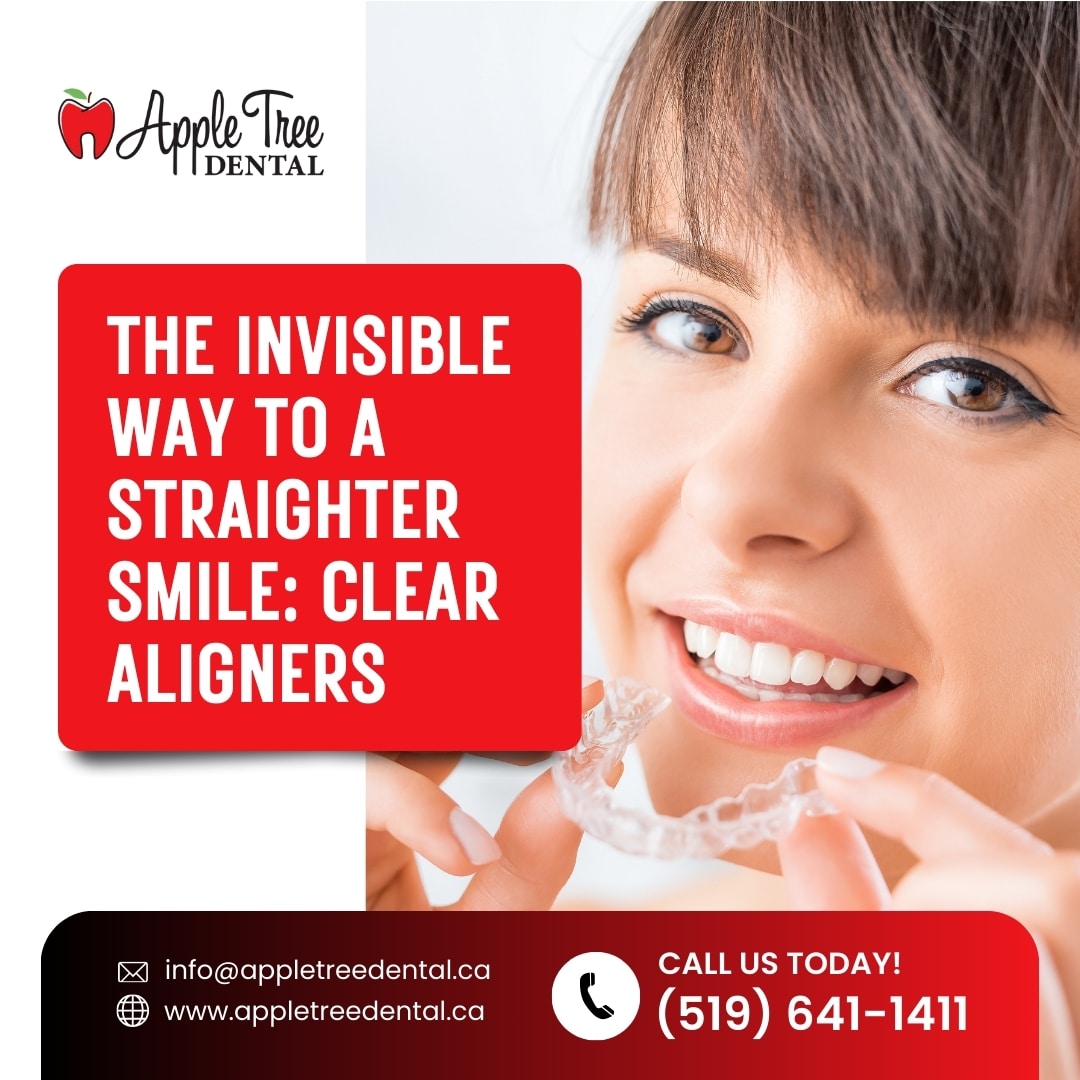Blog
Veneers vs. Bonding Choosing the Right Cosmetic Treatment in London, ON
When it comes to enhancing your smile in London, Ontario, two of the most popular cosmetic dental treatments are veneers and bonding. Both can significantly improve the look of your teeth, but they come with different procedures, costs, and maintenance requirements. For those considering cosmetic dental work, knowing the differences between these two options is crucial to making an informed decision.
In this article, we’ll explore the key considerations for choosing between veneers and bonding for your smile makeover. Whether you’re looking to correct discoloration, chips, gaps, or other dental imperfections, understanding the pros and cons of each treatment will help you achieve the radiant smile you desire.
Introduction:
Your smile is one of your most noticeable features, and it’s natural to want it to be as bright and perfect as possible. Fortunately, advancements in cosmetic dentistry have made achieving a flawless smile more accessible than ever. In London, ON, Apple Tree Dental offers a variety of procedures to correct various imperfections, but veneers and bonding often top the list due to their transformative results.
Deciding between veneers and bonding involves considering several factors, such as the extent of dental correction needed, budget, longevity, and personal dental health. Throughout this article, we will delve into these considerations and provide you with the knowledge you need to make the best choice for your smile.
Understanding Veneers:
- Definition: Veneers are thin shells made of porcelain or composite resin that are bonded to the front surfaces of your teeth.
- Aesthetics: Resemble natural teeth and provide a high degree of customization in shape and colour.
- Longevity: Typically lasts 10-15 years with proper care, sometimes longer.
- Durability: Resistant to staining and can withstand normal chewing forces well.
- Time Investment: Usually requires at least two visits to the dentist.
- Cost: More expensive upfront but can be cost-effective in the long run due to durability.
- Preparation: Requires the removal of a small amount of tooth enamel.
Understanding Bonding:
- Definition: Dental bonding involves applying a tooth-colored composite resin to the tooth’s surface.
- Aesthetics: Can be polished and shaped to match surrounding teeth, though it may not be as refined as veneers.
- Longevity: Generally lasts 3-10 years, depending on care and usage.
- Durability: Prone to staining and may not be as strong as veneers.
- Time Investment: Often completed in a single dental visit.
- Cost: Less expensive than veneers, making it a budget-friendly option.
- Preparation: Minimal tooth enamel removal is needed.
Aesthetics and Final Appearance:
- Natural Look: Veneers typically provide a more natural and translucent appearance akin to real teeth.
- Shade Selection: A broader range of shades is available with veneers, offering enhanced colour matching.
- Alignment: Veneers can correct minor misalignments and give the appearance of a straighter smile.
- Shape Customization: Veneers allow for extensive shaping to achieve the desired tooth contour.
- Surface Finish: High-quality veneers have a glossier finish that more closely mimics natural enamel.
- Translucency: Veneers display a degree of translucency that adds to a lifelike appearance.
- Overall Transformation: Veneers can provide a more dramatic smile makeover compared to bonding.
Procedure Intricacy and Time:
- Appointment Length: Bonding can often be done in a shorter appointment compared to veneers.
- Procedure Complexity: Veneers require precision in design and placement, involving a more complex procedure.
- Customization Time: Veneers are crafted in a lab, requiring more time before they are ready to be placed.
- Direct vs. Indirect: Bonding is a direct procedure performed on the teeth, whereas veneers are an indirect procedure made outside of the mouth and then applied.
- Temporary Phases: With veneers, there may be a period where you’ll wear temporary covers until the permanent ones are ready.
- Follow-Up: Additional follow-up visits may be required for veneers to ensure proper fit and bite alignment.
- Time Efficiency: If time is of the essence, bonding may be a preferable option.
Durability and Maintenance:
- Wear and Tear: Veneers are generally more resistant to wear and tear compared to the softer bonding material.
- Stain Resistance: Veneers offer superior resistance to staining, which is ideal for maintaining a bright smile.
- Chipping and Repair: Veneers are less likely to chip, but if they do, the entire veneer often needs replacement.
- Bonding Repairs: Bonding can be easily repaired or touched up, which is less costly and less invasive.
- Maintenance Routines: Both treatments require good oral hygiene, but veneers may need less frequent professional maintenance.
- Long-Term Costs: Consider the potential costs of repairing or replacing bonding versus the longevity of veneers.
- Post-Treatment Care: Both treatments benefit from avoiding habits such as nail-biting and using teeth as tools.
Investment and Insurance Considerations:
- Initial Costs: Bonding is less of an initial investment than veneers.
- Insurance Coverage: Many dental insurance plans don’t cover cosmetic procedures, but it’s worth checking your policy.
- Financing Options: Some dental practices offer financing options to help manage the cost of veneers.
- Long-Term Value: Veneers might offer better long-term value due to their durability.
- Quality of Life: Consider how the improved appearance of your teeth might affect your self-esteem and quality of life.
- Hidden Costs: Be aware of any potential additional costs, such as maintenance or unexpected repairs.
- Investment in Self: Ultimately, investing in veneers or bonding is an investment in yourself and your confidence.
Suitability and Dental Health:
- Tooth Condition: Severely damaged teeth might not be suitable for veneers and may require crowns or other treatments.
- Tooth Enamel: Sufficient enamel is needed for veneers, whereas bonding doesn’t require as much healthy enamel.
- Oral Health: Good oral health is essential for both treatments to ensure longevity and prevent complications.
- Gum Health: Healthy gums are necessary, especially for veneers, to ensure a proper fit.
- Bite Alignment: Issues with bite or bruxism (teeth grinding) can affect the longevity of both veneers and bonding.
- Pre-Treatment: Some conditions, such as decay or gum disease, will need to be treated before either procedure.
- Consultation: A thorough consultation with a dental professional will determine which treatment is more suitable.
Personal Lifestyle and Habits:
- Diet Habits: Those who consume a lot of staining foods and drinks might prefer the stain resistance of veneers.
- Smoking: Smokers may benefit more from veneers due to their higher resistance to discoloration from nicotine.
- Oral Hygiene: Both treatments require diligent oral hygiene, but veneers might accommodate a less rigorous routine.
- Activity Level: Individuals who engage in contact sports or other activities that risk dental trauma should consider the durability of veneers.
- Maintenance Willingness: Your willingness to maintain and possibly repair your cosmetic dentistry will play a role in your choice.
- Long-Term Outlook: Consider how your lifestyle might change and the impact on your dental treatment choice.
- Personal Commitment: Be honest about your commitment to maintaining your cosmetic dentistry results over the years.
The Impact on Self-Confidence:
- Smile Satisfaction: A more aesthetically pleasing smile can greatly improve self-confidence and overall happiness.
- Social Benefits: Improved confidence can lead to better first impressions and social interactions.
- Professional Image: A polished appearance, including a radiant smile, can enhance your professional image.
- Personal Relationships: Feeling good about your smile can positively impact your personal relationships.
- Self-Esteem Boost: The right cosmetic treatment may provide a significant boost to your self-esteem.
- Motivation for Oral Health: Investing in your smile can also motivate you to maintain excellent oral hygiene.
- Psychological Benefits: Never underestimate the psychological benefits of being content with your smile.
Deciding Factor: The Consultation:
- Expertise: A skilled cosmetic dentist can provide personalized recommendations based on your specific needs.
- Visualization: Many clinics offer digital smile previews to help you visualize the potential outcomes.
- Case Studies: Review before-and-after cases of patients with similar dental concerns.
- Material Options: Discuss the types of materials used for veneers and how they compare with bonding.
- Procedure Details: Understand each step of the procedure to make an informed decision.
- Risks and Benefits: Discuss both the risks and benefits of veneers and bonding with your dentist.
Final Decision: Consultation is the ultimate step in deciding which treatment is right for you.
Frequently Asked Questions
-
A1: Veneers typically last 10-15 years, while bonding can last 3-10 years, depending on care and usage.
Conclusion:
Choosing between veneers and bonding for your cosmetic dental treatment in London, ON depends on a multitude of factors. Each option offers distinct benefits and potential drawbacks. Veneers may offer a more durable, long-lasting solution with tremendous aesthetic appeal, while bonding provides a quick, cost-effective alternative with impressive results. It’s essential to weigh personal factors such as your dental health, lifestyle, and cosmetic goals when making this decision.
Ultimately, the guidance of a skilled cosmetic dentist is invaluable in choosing the right treatment for your smile. They can offer insights tailored to your unique situation, ensuring that the investment in your smile pays off with confidence and happiness for years to come.
Ready to Transform Your Smile?
Are you considering cosmetic dental treatment? Let the experts at Apple Tree Dental in London, ON, help you make the best choice for your smile.
- Name: Apple Tree Dental
- Address: 1365 Beaverbrook Ave. Unit 102 London, Ontario N6H 0J1.
- Phone: (519) 641-1411,
- Email: info@appletreedental.ca, or
- Visit: appletreedental.ca to set up an appointment or learn more about our services.
“Reveal Your Best Smile — Let London’s Leading Cosmetic Dentistry Experts Guide Your Journey“








